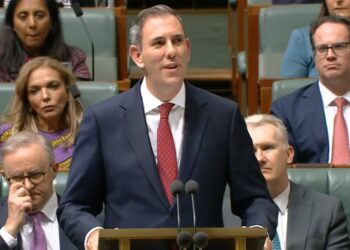In its submission to the Financial System Inquiry, Yellow Brick Road (YBR) suggested that financial advice should be more accessible and that the perception of financial advice as “a luxury service for the wealthy” must be remedied through tax reform.
“The Australian Government should amend taxation laws to allow financial advice from a registered financial adviser to be tax-deductible for people earning up to $75,000 up to a value of $1,500 per annum,” YBR said in its submission.
“This will empower all Australians to be able to manage their finances and protect them and the government from negative consequences of financial decisions,” the firm said.
Similarly, Life insurer TAL recommends advice fees be tax-deductible to encourage more consumers to seek financial advice.
TAL asserts that the fee-for-service model is currently at a disadvantage with respect to tax-deductibility of costs.
“As disability (income protection) insurance premiums are tax deductible (as are, by extension, the commissions paid implicitly in those premiums) there is a consumer benefit that does not extend to fee-for-service advice fees,” the submission said.
“We believe a more equitable position would be to allow advice fees to be tax-deductible which would encourage more consumers to seek advisers offering this option and thus increase competitive pressure in the market,” it said.
“We ask that the Inquiry supports this proposal.”
TAL also noted that the best solution to combat the issue of aligned or conflicted commissions is a competitive, self-regulating market that provides a range of compelling customer propositions.
“Over several years, TAL has increased the amount of business written under hybrid commission structures (lower up-front, higher trail) and now writes a significant proportion of its business under this model,” it said.
“Some competitors have also recently taken steps to adopt similar commission models.”
The submissions from TAL and YBR follow a similar call made by the Commonwealth Bank in its FSI submission in which the bank lobbied the government to “make financial advice tax-deductible and unify tax deductions between upfront and ongoing payments for financial advice”.
The Financial Planning Association also took the opportunity to re-iterate its longstanding call for tax-deductible financial advice, urging the government to consider the measure as a policy to help consumers “better engage” with the financial system.
However, in an exclusive interview with ifa earlier this year, former Assistant Treasurer Arthur Sinodinos said the government is not in a fiscal position to entertain the notion of tax-deductible advice.



